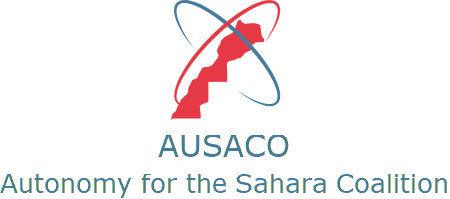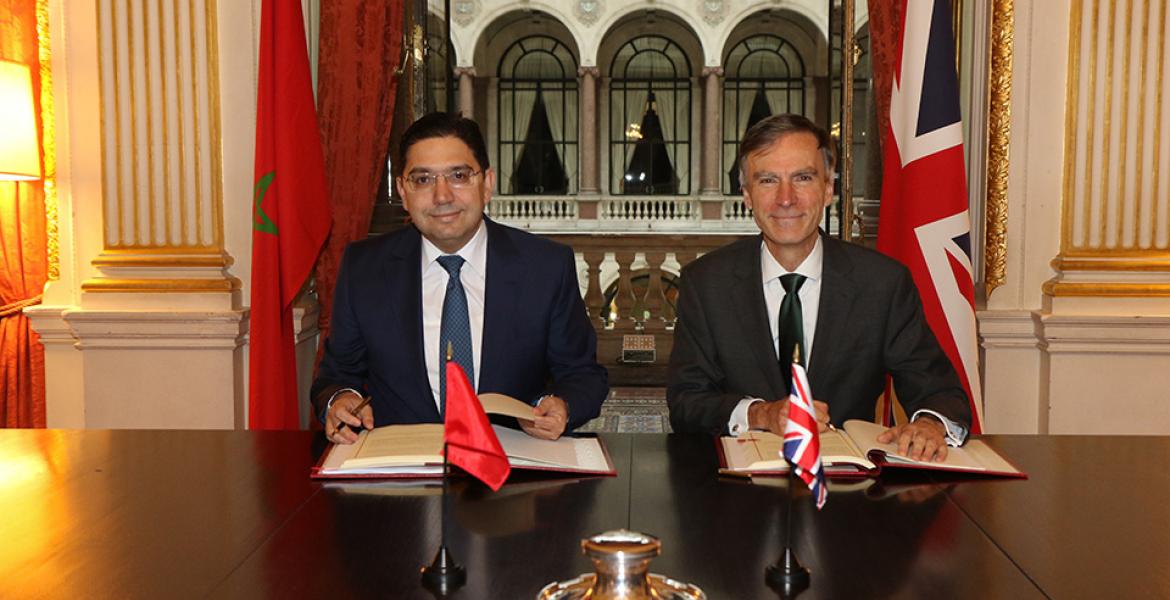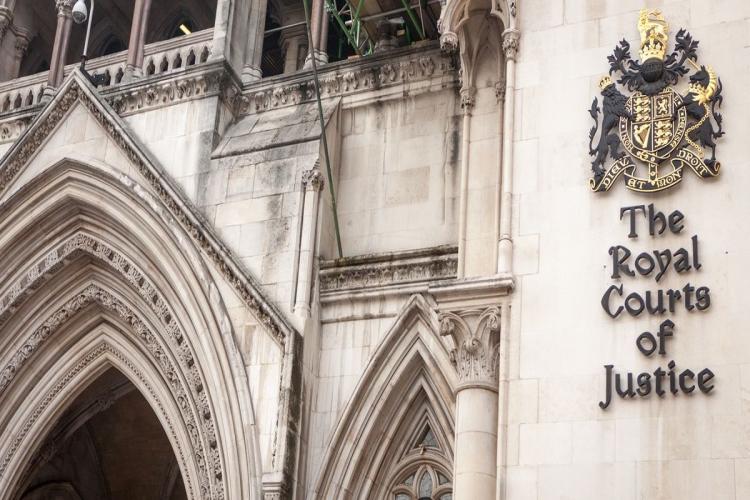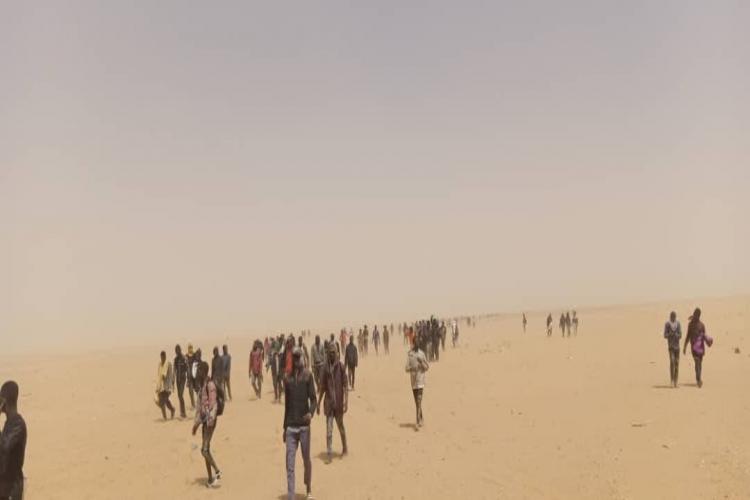The UK's Support for the Association Agreement: A Definitive Legal Perspective on Western Sahara
The Association Agreement between the United Kingdom and the Kingdom of Morocco signed in 2019 and enacted in 2021, highlights shared commitment to cooperation, trade, and mutual interests between the two States.
This agreement, which extends to the Moroccan Sahara, is in line with other trade agreements signed by Morocco with its international partners. The inclusion of the Sahara in these agreements reflects the broad international consensus on Morocco’s sovereignty over the region and the lawfulness of all economic activities in the area.
Indeed, the population of the region directly manages the revenue derived from international trade and investments, through its democratically elected regional and local councils.
On May 25, the London Court of Appeal rendered a definitive ruling that dismissed the appeal filed by a pro-“polisario” NGO against the Association Agreement. This landmark decision unequivocally affirmed the Agreement's lawfulness.
Significantly, the Court's decision underscored that no third party, aside from Morocco and the UK, is affected by the Agreement, dealing a severe blow to “polisario’s” claim to representing the Saharawis.
The judicial war instigated by “polisario” against Morocco over the legal status of the Sahara should not divert our focus from the actual actors involved and their responsibilities.
Indeed, it is increasingly evident that the root of this prolonged and artificial conflict lies not in the legal status of the Sahara, but in the geopolitical agenda of Morocco’s neighbor. This State should come forward and take responsibility for its role in perpetuating this artificial conflict, embracing a constructive approach within the roundtable process.
Amid this context, the Moroccan Autonomy Initiative stands as the most practical and realistic approach to address the situation in the Moroccan Sahara. It is a comprehensive and inclusive solution that promotes regional stability and respects the aspirations of the Sahara's population.
This conviction resonates on a global scale, as an increasing number of States acknowledge the Morocco’s sovereignty over the Sahara and express support for the Moroccan Autonomy Initiative.
Decisions of such States as Israel and the United States highlight the growing international consensus on the viability of the Autonomy Initiative as the most realistic, serious and credible solution to the regional dispute over the Sahara.
I, thus, encourage the pursuit of this course and eagerly anticipate the inauguration of a British consulate in the Moroccan Sahara region, a practical and meaningful step that would contribute to advancing the search for a solution to this regional dispute by acknowledging Morocco’s sovereignty over the region.
By Mr. Andrew ROSEMARINE






